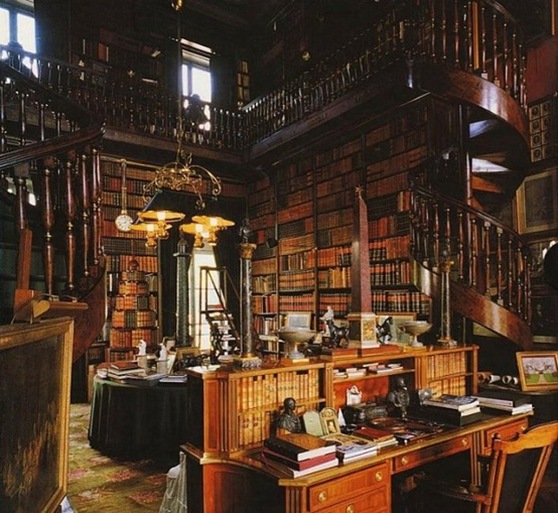C. S. Lewis (1898-1963) saw the dangers of information overload long before the so-called “infoglut” of the Internet. In his autobiography Surprised by Joy he reflects on his childhood education and the place of current affairs and newspapers. In this extract, which sparkles with his customary wit, he concludes that some aspects of a child’s education may well be negative, both intellectually and morally. Clearly not all the news is fit to print, just as it is not all worth reading. Such a word should encourage us to judicious readers.
Even in peacetime I think those are very wrong who say that schoolboys should be encouraged to read the newspapers. Nearly all that a boy reads there in his teens will be known before he is twenty to have been false in emphasis and interpretation, if not in fact as well, and most of it will have lost all importance. Most of what he remembers he will therefore have to unlearn; and he will probably have acquired an incurable taste for vulgarity and sensationalism and the fatal habit of fluttering from paragraph to paragraph to learn how an actress has been divorced in California, a train derailed in France, and quadruplets born in New Zealand.1
![]()
Footnotes:
![]()
1 C. S. Lewis, Surprised by Joy (New York: Harcourt Brace Jovanovich, 1977), 59.





